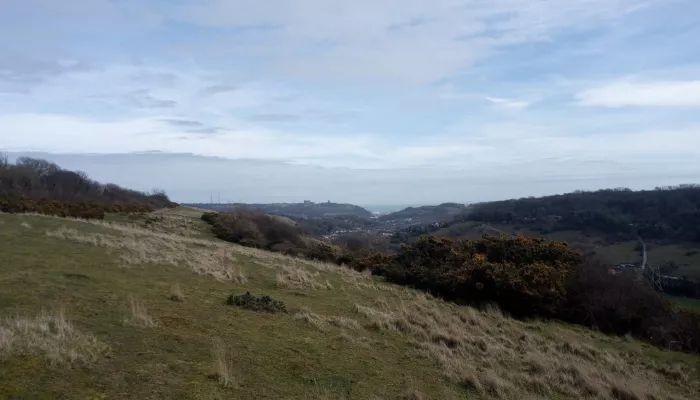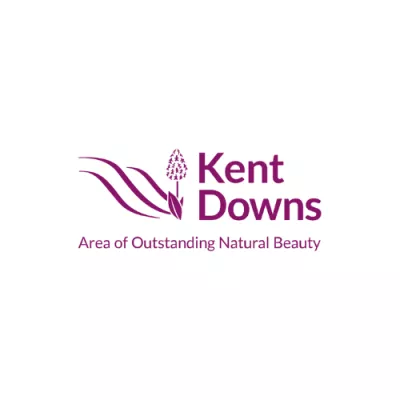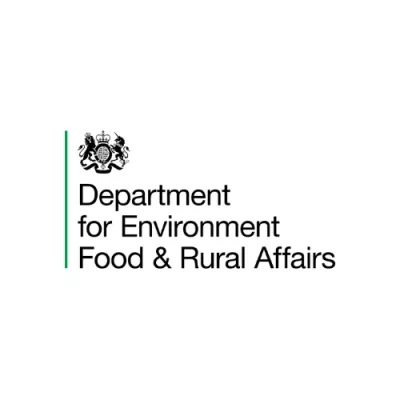Why are we embarking on this project?
Chalk grasslands support a very high diversity of native wild plants and animals, including many nationally and internationally rare and important species.
By improving, and enlarging the scale of, these increasingly rare chalk grasslands, we aim to support an ecosystem that is home to rare species of butterflies, crickets, wildflowers, soil invertebrates, and the charismatic red-billed chough - to name but a few.
The project’s actions will also increase the landscape’s connectivity for the benefit of both wildlife and people. We are working with local contractors, volunteers, and other landowners/managers and graziers on sites such as Coombe Down, Lydden Temple Ewell, and Nemo Down to facilitate this project.
Farming in protected landscapes (FiPL)
A large part of the FiPL-funded project area is predominantly managed by Kent Wildlife Trust conservation grazing, allowing natural grazing processes to nurture the landscape. Our Konik Ponies and Highland Cattle for example, maintain an open and biodiversity-rich grassland along parts of the beautiful Dover Downlands AONB. We shall also be engaging with many other grazed sites including local farms.
Did you know? You can find up to 40 species of plants in a single square metre of chalk downland!
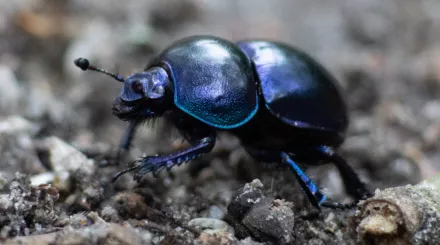
The dung beetle
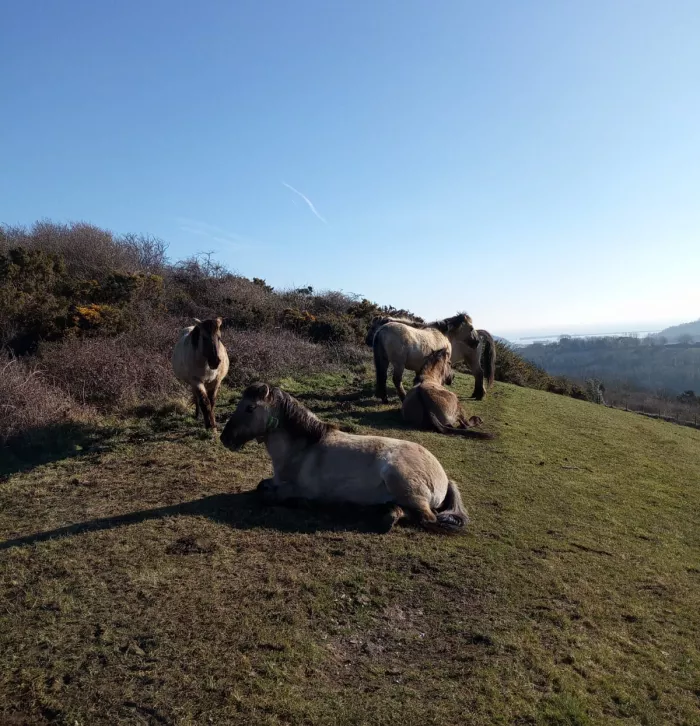
Get Involved
We are working with the local community including local livestock farmers, landowners/managers, graziers, equine managers, veterinary advisors, volunteers, as well as any other interested parties, to help the project succeed. We'd love you to join us.

